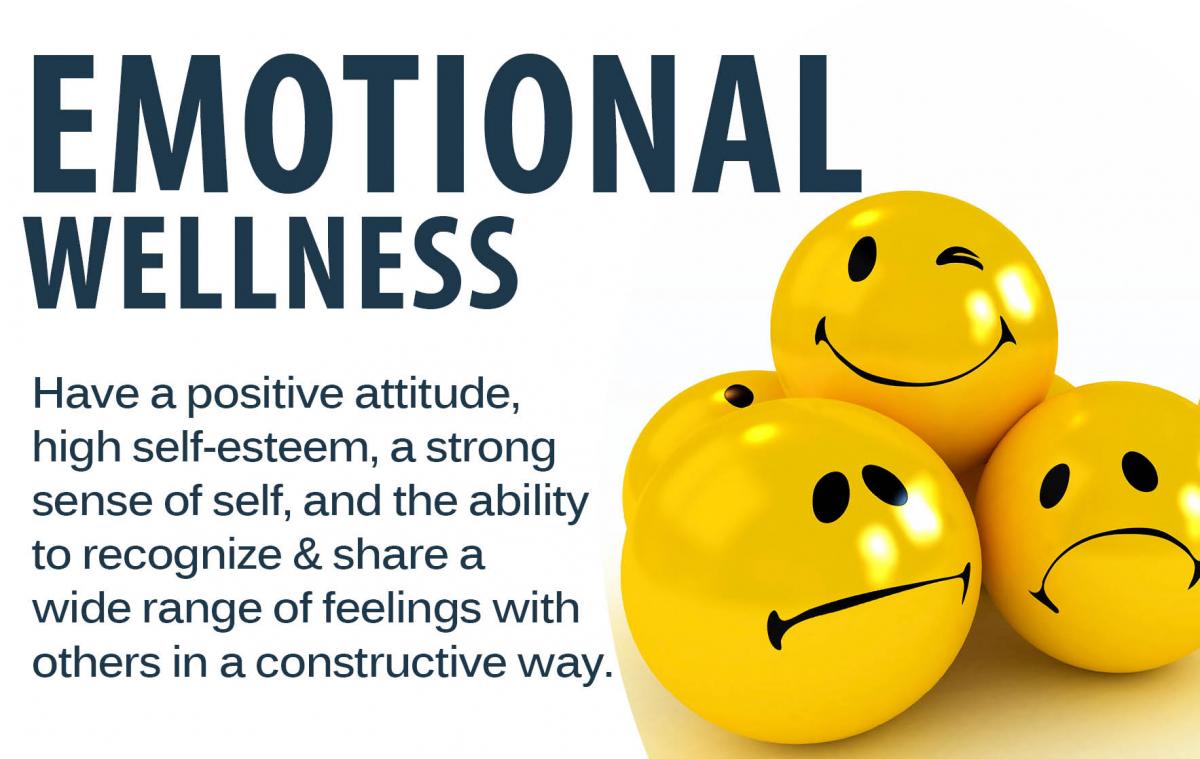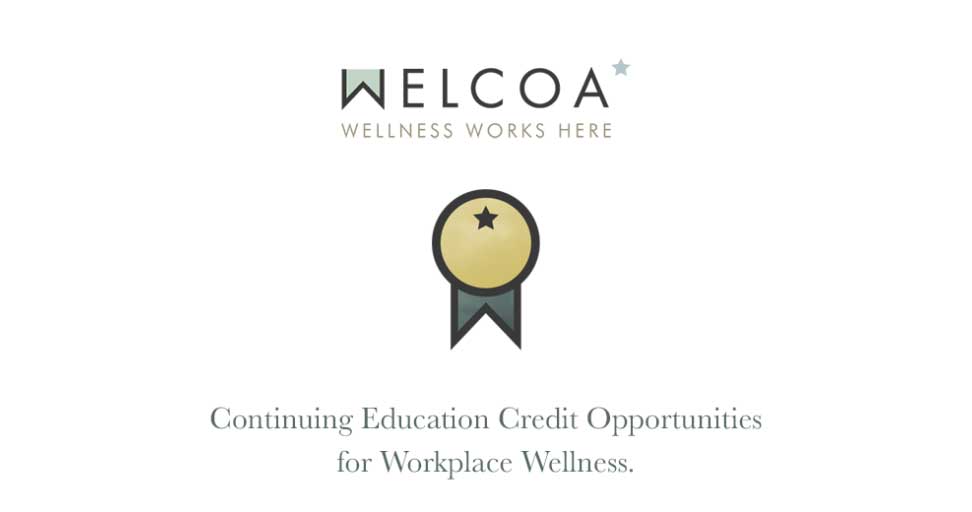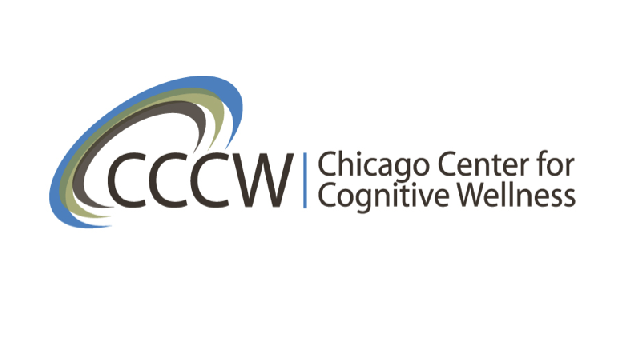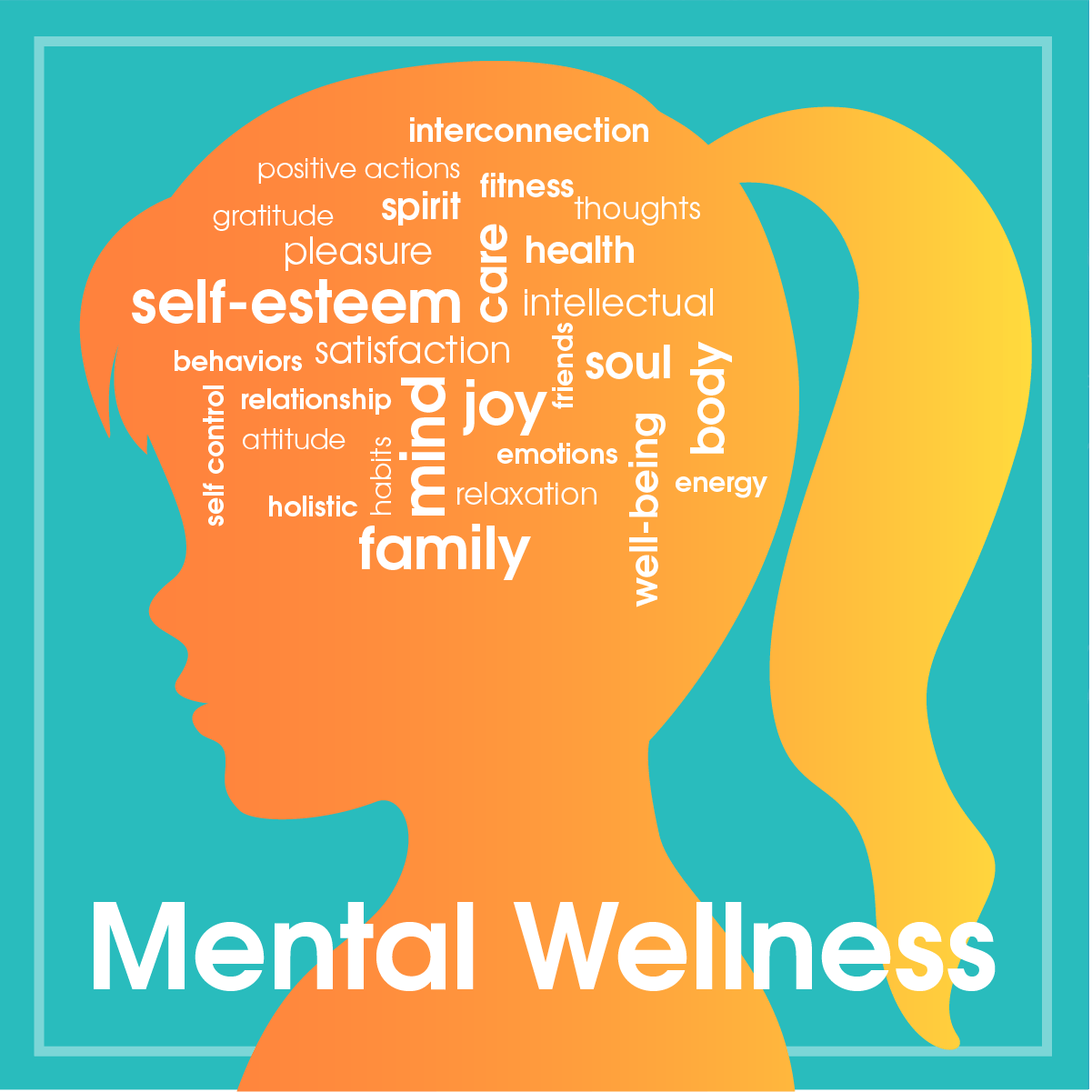
Balanced Emotions: Nurturing Your Emotional Well-being
Emotional health is a cornerstone of overall well-being, influencing how we navigate life’s challenges and joys. In this article, we explore the importance of emotional health and effective strategies for nurturing and maintaining a balanced emotional state.
Understanding Emotional Health
Emotional health goes beyond the absence of mental health issues. It involves understanding and managing one’s emotions effectively. This includes recognizing and expressing emotions appropriately, coping with stress, and fostering positive relationships. A strong foundation in emotional health contributes to resilience and a fulfilling life.
Emotional Intelligence: The Key to Well-being
Emotional intelligence is the ability to recognize, understand, and manage our own emotions while also empathizing with others. Developing emotional intelligence is crucial for fostering healthy relationships, making sound decisions, and responding adaptively to life’s challenges. It serves as a key component in nurturing emotional well-being.
Expressing Emotions: Finding Healthy Outlets
Effective expression of emotions is vital for emotional health. Whether through talking to a friend, journaling, or engaging in creative activities, finding healthy outlets for emotions prevents them from being bottled up. This release contributes to emotional clarity and helps maintain a balanced state of well-being.
Cultivating Positive Relationships: The Impact on Emotions
Positive relationships play a significant role in emotional health. Surrounding yourself with supportive and uplifting individuals fosters a sense of belonging and connection. Nurturing healthy relationships provides a buffer against stress and contributes to emotional resilience.
Stress Management: Essential for Emotional Well-being
Stress is an inevitable part of life, but effective stress management is crucial for emotional well-being. Techniques such as deep breathing, meditation, and physical exercise help alleviate stress and prevent it from negatively impacting emotional health. Prioritizing stress management contributes to a more balanced emotional state.
Mindfulness Practices: Anchoring in the Present Moment
Mindfulness involves being fully present in the moment without judgment. Mindfulness practices, such as meditation and mindful breathing, can help anchor your focus in the present. Cultivating mindfulness enhances emotional awareness and resilience, reducing the impact of stressors on your well-being.
Self-Compassion: Treating Yourself with Kindness
Being kind to oneself is a cornerstone of emotional health. Practicing self-compassion involves treating oneself with the same kindness and understanding that one would offer to a friend. Embracing self-compassion reduces self-criticism and fosters a positive emotional relationship with oneself.
Healthy Lifestyle Choices: A Holistic Approach
A holistic approach to emotional health includes making healthy lifestyle choices. Regular exercise, a balanced diet, sufficient sleep, and avoiding harmful habits contribute to overall well-being. Physical health and emotional health are interconnected, and nurturing one supports the other.
Seeking Professional Support: A Sign of Strength
Recognizing when professional support is needed is a sign of strength, not weakness. Whether through therapy, counseling, or support groups, seeking help can provide valuable tools for managing emotions and navigating life’s challenges. Professional support contributes to a well-rounded approach to emotional health.
Resources for Emotional Health
For additional insights and resources on nurturing emotional health, visit Studentals.net. Explore articles, tips, and expert advice to enhance your emotional well-being and create a fulfilling and balanced life. Education is empowering, and with the right resources, you can foster a positive and resilient emotional state.
In conclusion, nurturing emotional health is an ongoing process that involves self-awareness, positive relationships, effective stress management, and a holistic approach to well-being. By incorporating these strategies into daily life, individuals can cultivate balanced emotions and lead a fulfilling and emotionally rich existence.






